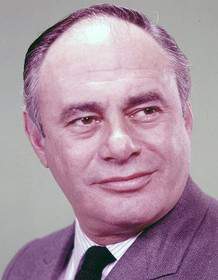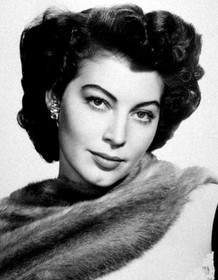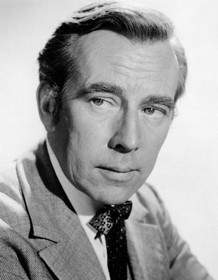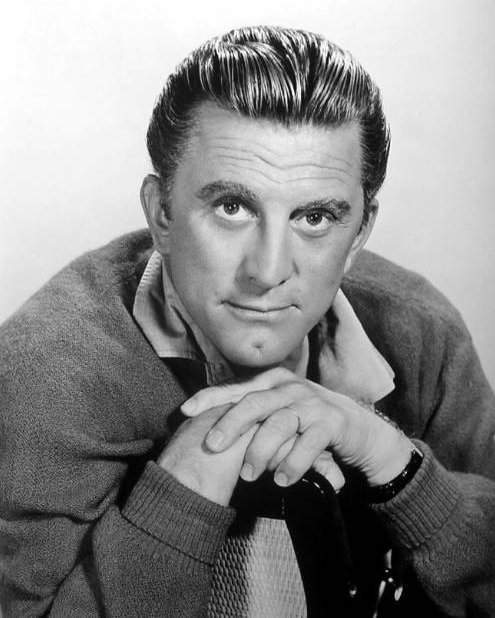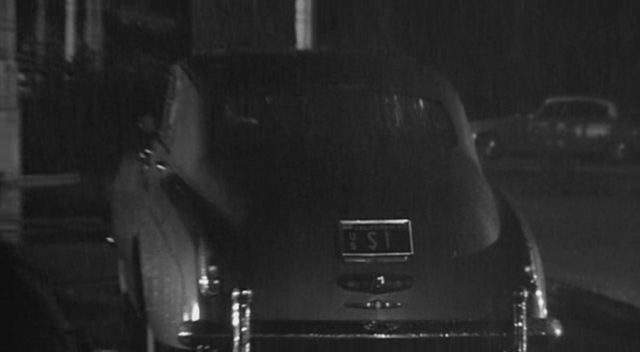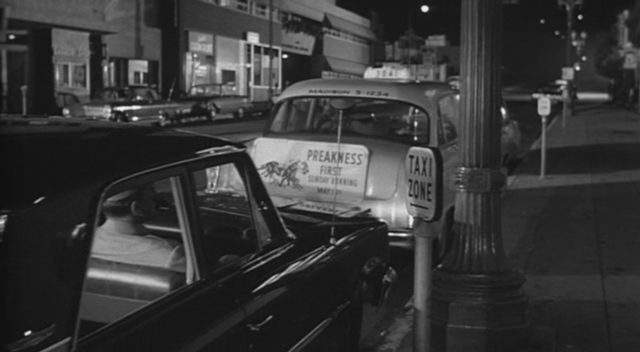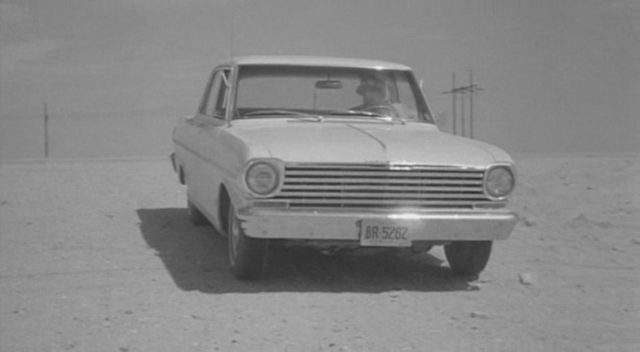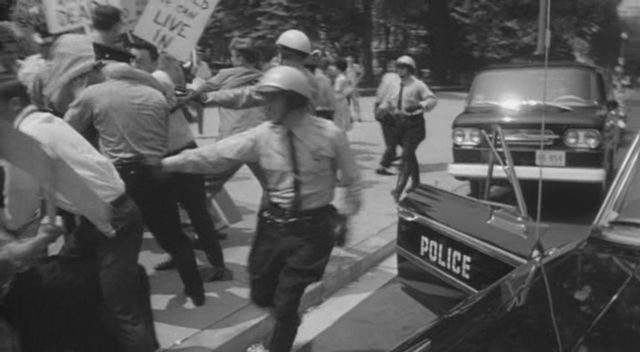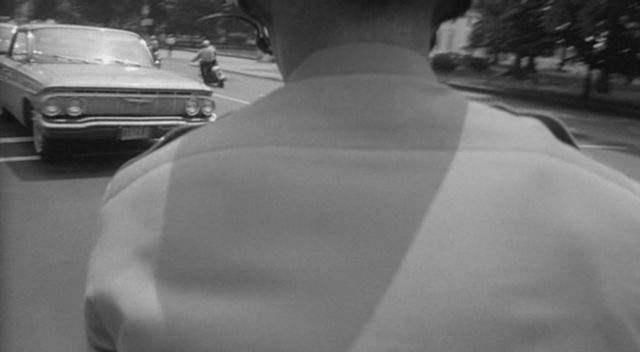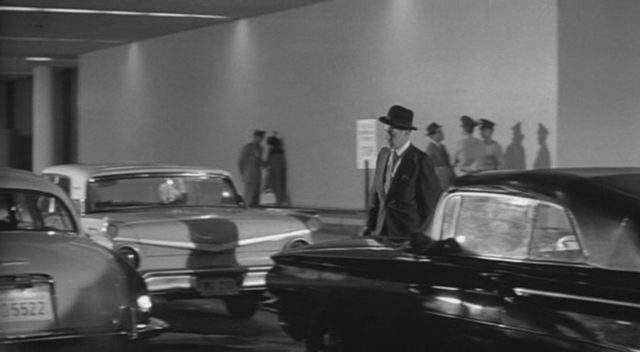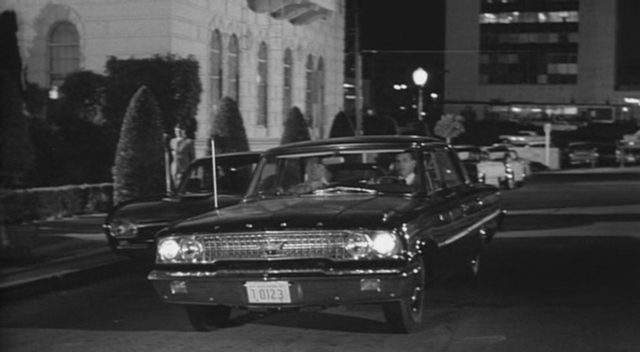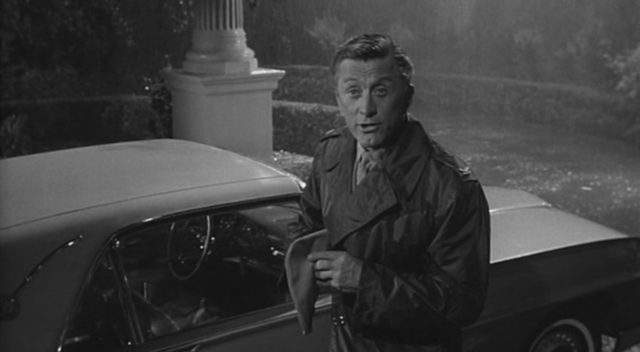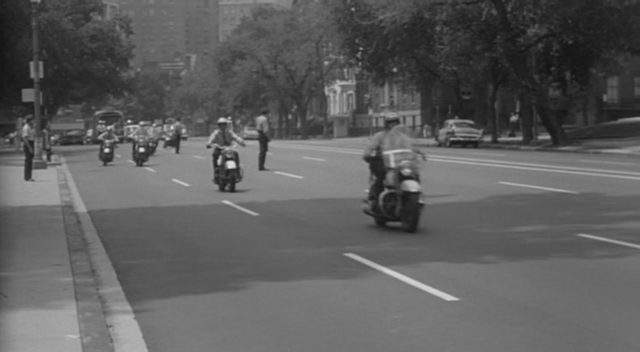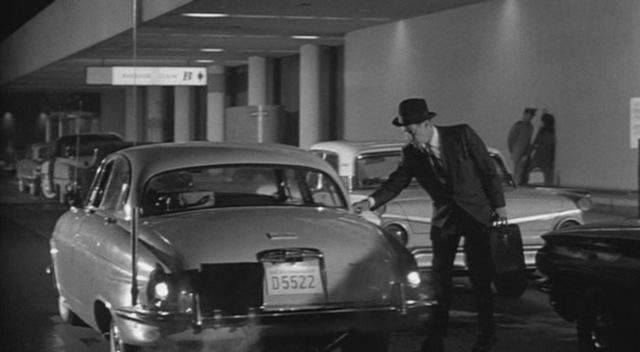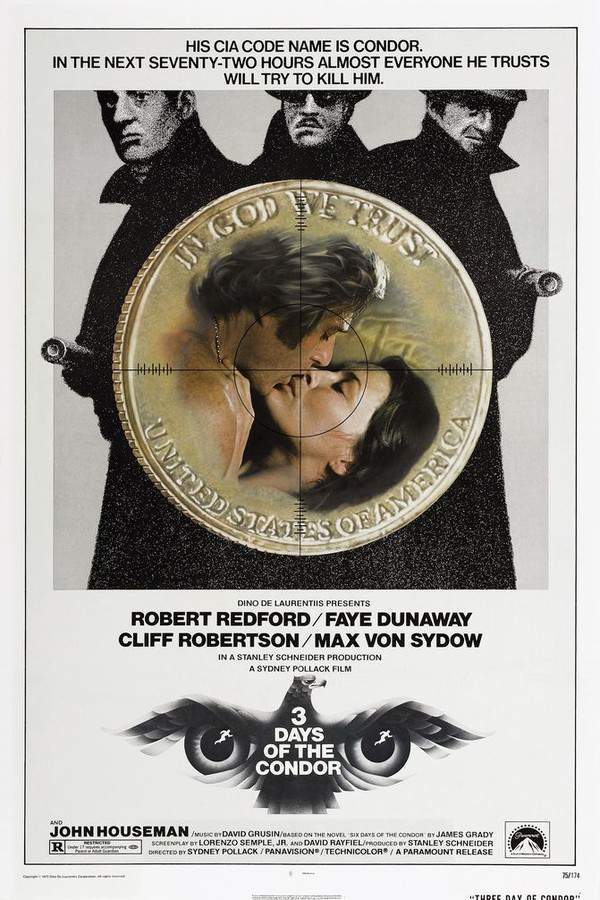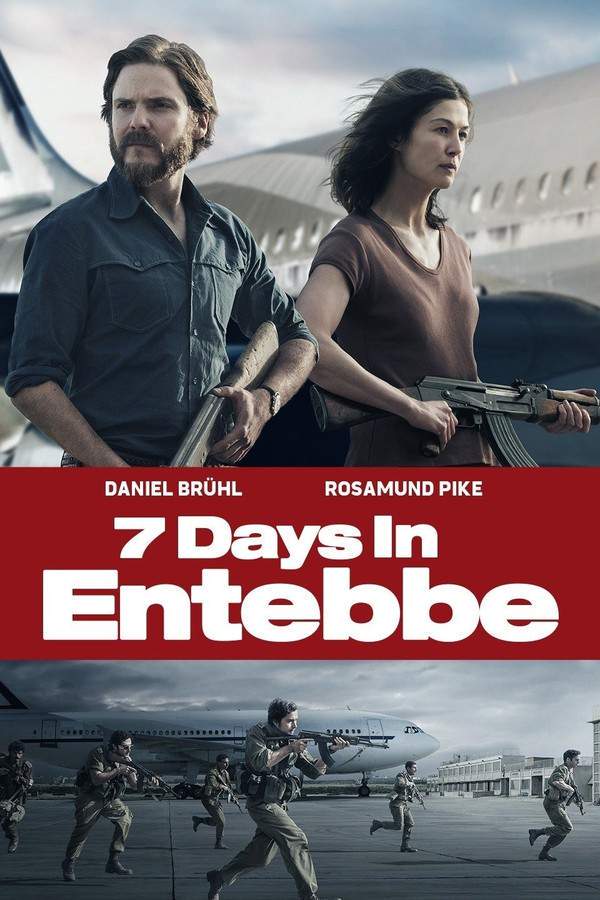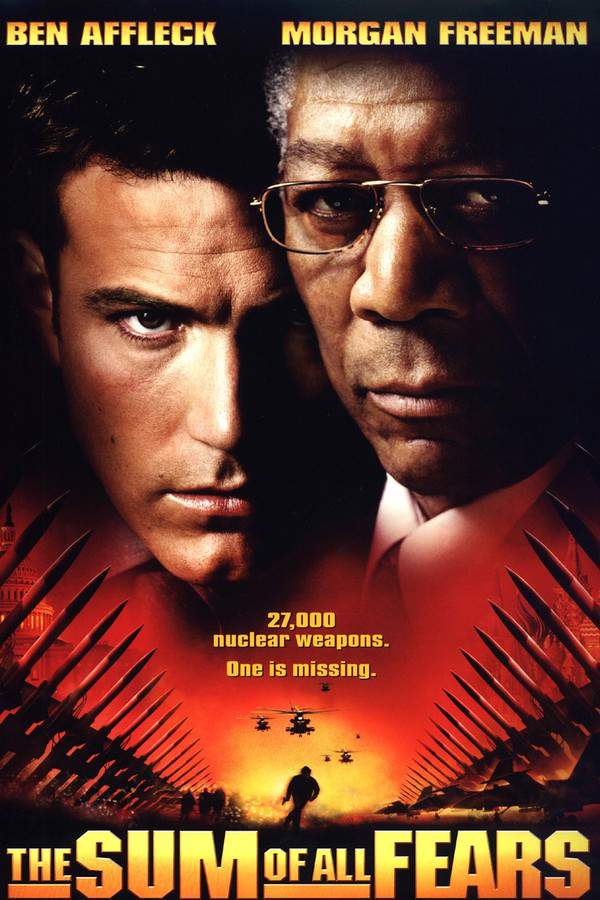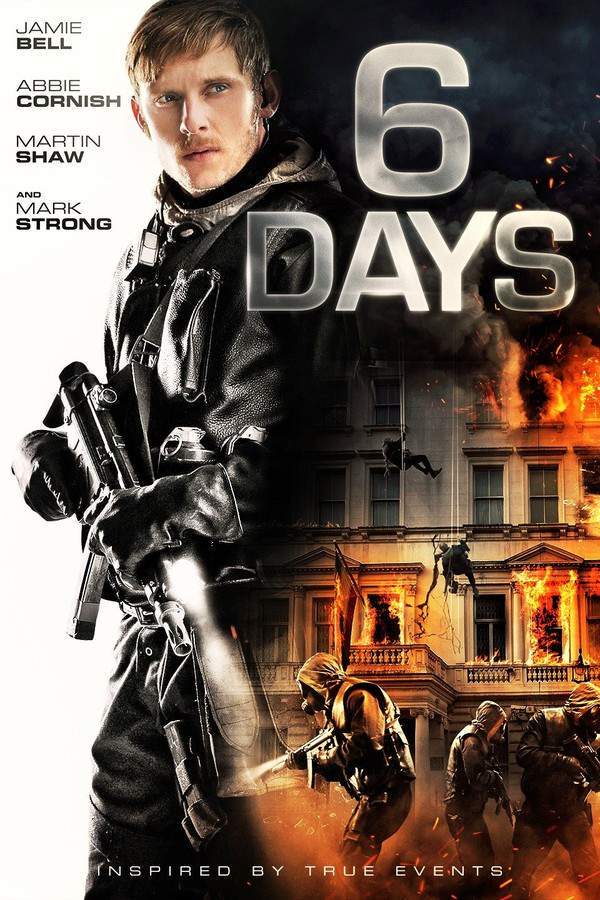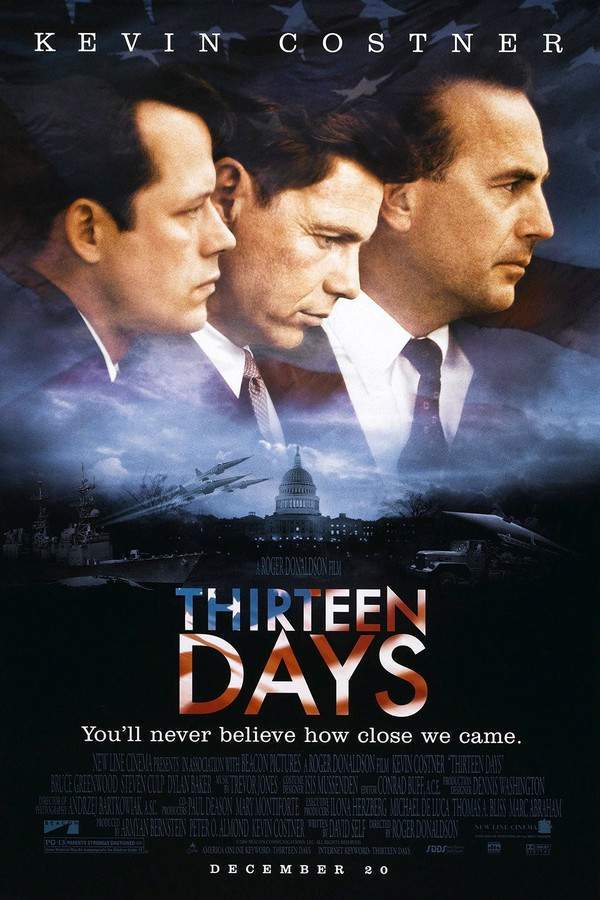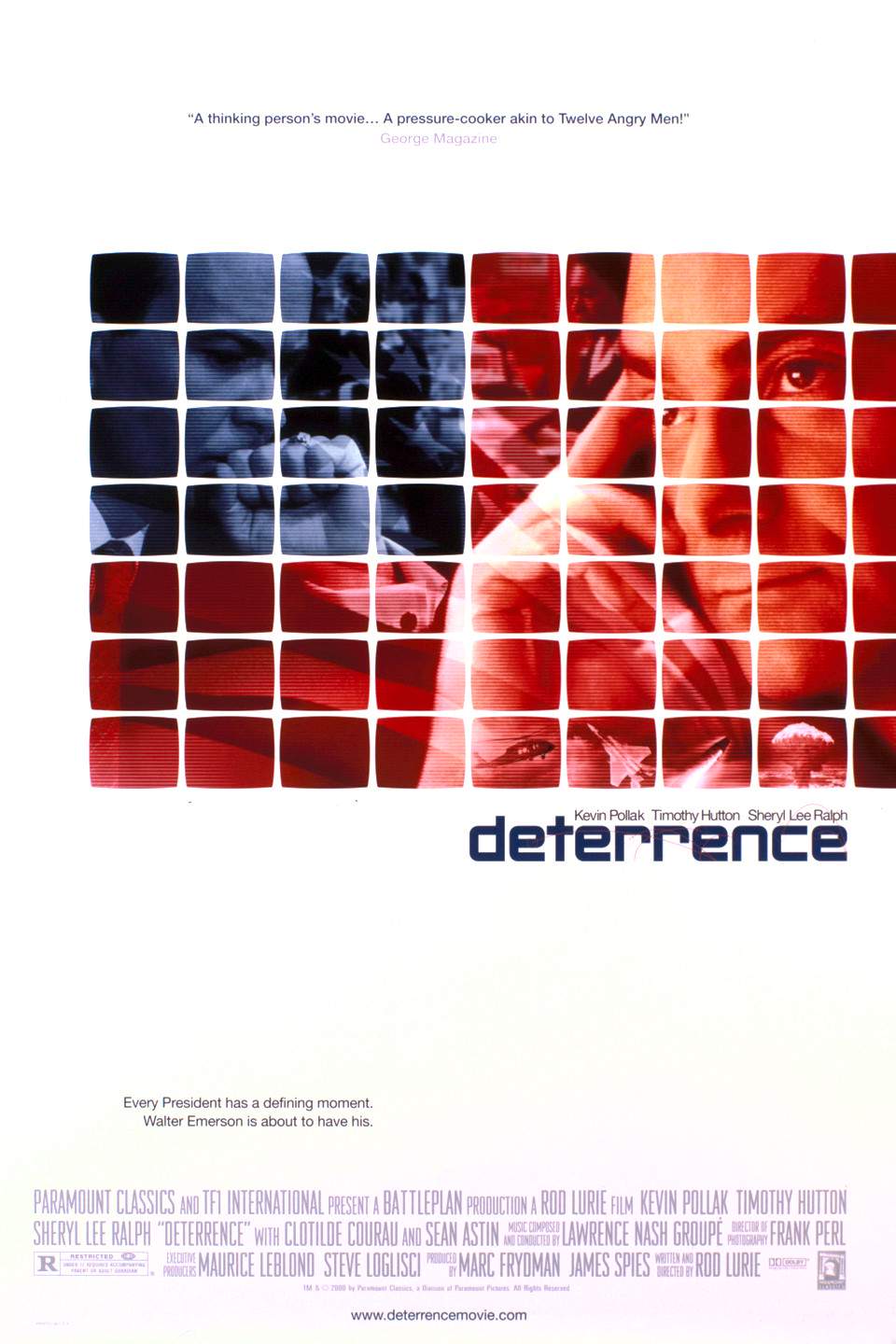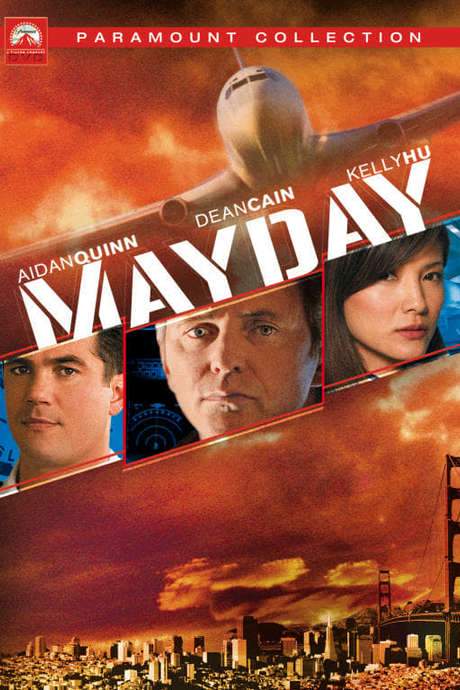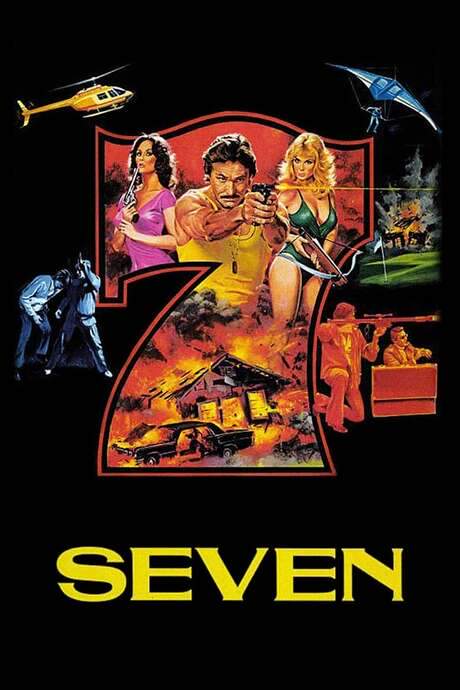Seven Days in May 1964
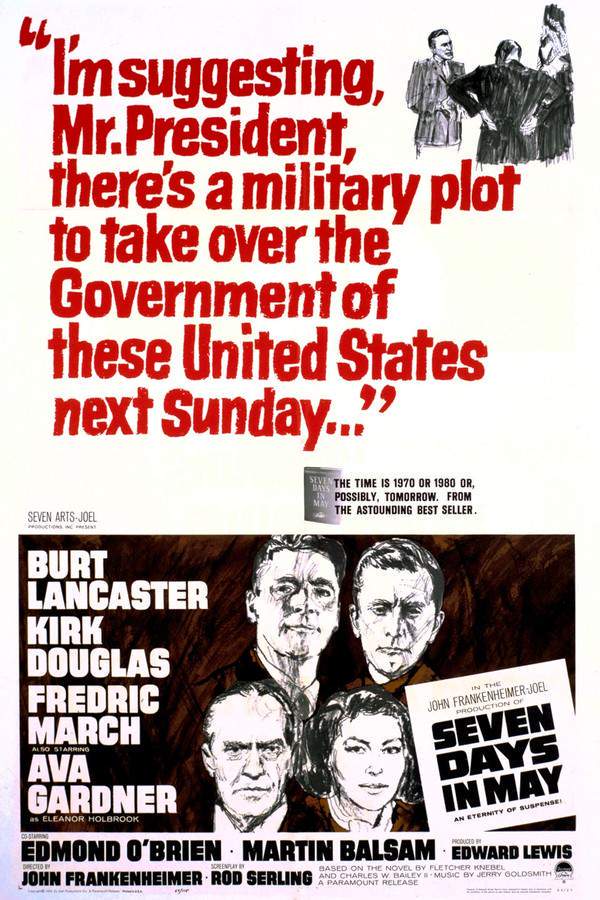
With nuclear disarmament on the table, President Jordan Lyman's policies face opposition from General James Scott, who leads the Joint Chiefs of Staff. A dedicated presidential aide discovers a plot to overthrow the government, triggering a tense race against time. Loyalties are tested as those involved must navigate a dangerous situation to prevent a military coup and protect the country from devastating repercussions.
Does Seven Days in May have end credit scenes?
No!
Seven Days in May does not have end credit scenes. You can leave when the credits roll.
Meet the Full Cast and Actors of Seven Days in May
Explore the complete cast of Seven Days in May, including both lead and supporting actors. Learn who plays each character, discover their past roles and achievements, and find out what makes this ensemble cast stand out in the world of film and television.
External Links and Streaming Options
Discover where to watch Seven Days in May online, including streaming platforms, rental options, and official sources. Compare reviews, ratings, and in-depth movie information across sites like IMDb, TMDb, Wikipedia or Rotten Tomatoes.
Ratings and Reviews for Seven Days in May
See how Seven Days in May is rated across major platforms like IMDb, Metacritic, and TMDb. Compare audience scores and critic reviews to understand where Seven Days in May stands among top-rated movies in its genre.

73
Metascore
tbd
User Score


%
TOMATOMETER

0%
User Score

7.8 /10
IMDb Rating
Take the Ultimate Seven Days in May Movie Quiz
Challenge your knowledge of Seven Days in May with this fun and interactive movie quiz. Test yourself on key plot points, iconic characters, hidden details, and memorable moments to see how well you really know the film.
Seven Days in May Quiz: Test your knowledge on the political intrigue and key events in 'Seven Days in May.'
What major treaty does President Jordan Lyman sign that sparks controversy?
Nuclear disarmament treaty
Trade agreement
Healthcare reform
Civil rights act
Show hint
Awards & Nominations for Seven Days in May
Discover all the awards and nominations received by Seven Days in May, from Oscars to film festival honors. Learn how Seven Days in May and its cast and crew have been recognized by critics and the industry alike.
37th Academy Awards 1965
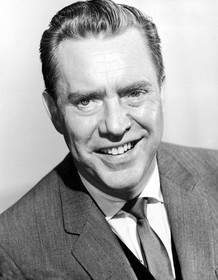
Art Direction (Black-and-White)
22nd Golden Globe Awards 1965
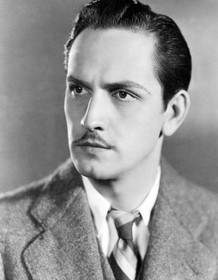

Best Supporting Performance in a Motion Picture – Drama, Comedy or Musical (Supporting Actor)
Edmond O'Brien
Best Original Score
Full Plot Summary and Ending Explained for Seven Days in May
Read the complete plot summary of Seven Days in May, including all major events, twists, and the full ending explained in detail. Explore key characters, themes, hidden meanings, and everything you need to understand the story from beginning to end.
The film takes place on Monday, May 12, against the backdrop of impending chaos in the United States, where strikes are on the verge of crippling the coal industry. Tensions escalate on Pennsylvania Avenue, outside the White House, as two opposing groups of demonstrators gather. One side expresses gratitude towards President Jordan Lyman for his recent nuclear disarmament treaty with the Soviet Union, holding placards that declare, > “Peace On Earth Or No Earth At All.” The opposing group, however, belligerently condemns both Lyman and the treaty, promoting a potential presidential bid for four-star Air Force General James Mattoon Scott, the Chairman of the Joint Chiefs of Staff. The situation erupts into chaos when a supporter of Scott disrupts the peaceful demonstration by cutting the banner, prompting a swift response from the Capitol Police.
Inside the White House, Lyman’s physician points out the toll that stress is taking on the President, noting a rise in his blood pressure correlating to the criticisms he faces. Paul Girard, Lyman’s aide, reluctantly reveals a dismal Gallup Poll indicating only 29 percent approval for the treaty. Despite being urged to take a break, Lyman opts for a swim in the White House’s pool.
During his time with Senator Raymond Clark, Lyman explains his rationale for the treaty: without it, the precarious balance could lead to an uncontrollable nuclear war initiated by a deranged officer. He also offers a piece of advice to Clark, an evident alcoholic: to stay sober.
Later, Clark heads to a Senate Committee on Armed Services meeting, where General Scott presents his counterarguments against the treaty, claiming it represents either naivety or negligence. Senator Frederick Prentice appears sympathetic, throwing soft questions to Scott, while Clark mocks the proceedings. It becomes clear that Scott’s support base is limited to those who already share his views.
Scott is closely aided by Colonel Martin “Jiggs” Casey, who, as they leave the Capitol, is instructed to keep a planned alert under wraps. Within the Joint Chiefs’ office, Casey hears rumors about Scott’s questionable behavior, including a request for bets on the upcoming Preakness race. Casey later meets Colonel William “Mud” Henderson, who unveils the existence of a secret unit named EComCon, located in El Paso, Texas, which has been training for offensive operations rather than defense.
Tension mounts when Casey’s inquiries into Scott’s operations are met with hostility from Scott’s aide, Colonel Murdock, who warns him against prying. After a particularly tense social event, Casey meets Eleanor Holbrook, Scott’s former lover, and attempts to comfort her amidst her struggles with alcohol.
Days pass, and Casey’s observations lead him to suspect Scott is organizing a military coup against Lyman. His fears intensify when he discovers evidence pointing to Scott’s plans, culminating in an emergency meeting with the President on Tuesday, May 13. Despite resistance from Girard and Secretary Chris Todd, who doubt the existence of such a plot, Lyman assembles a task force to investigate further.
As tensions rise through mid-week, Casey digs deeper into Scott’s operations, ultimately acquiring incriminating letters from Ellie. Kamikaze-like, Lyman orders his team to hunt down evidence while keeping tabs on Scott. The need for evidence is underscored when Casey discovers Scott’s manipulative ties with Senator Prentice, prompting the President to consider his next moves carefully.
By Friday, May 16, Casey believes he has sufficient evidence to confront Scott. As the plot unfolds, Lyman grapples with civilian and military balances of power, culminated by an emergency press conference planned for Sunday, May 18. Events spiral toward a climax as Lyman weighs his options for a public reveal, knowing the nation’s peace hangs in the balance.
In a suspenseful conclusion, Lyman’s resilience against Scott’s attempt at a military takeover reflects the film’s core message: the enduring belief in democratic processes and the promotion of peace through dialogue rather than force. The story culminates as Lyman expresses that it’s “slander” to suggest the nation’s strength lies not in peaceful negotiation, further solidifying its stance on constitutional authority as the film draws to a close.
Uncover the Details: Timeline, Characters, Themes, and Beyond!

Coming soon on iOS and Android
The Plot Explained Mobile App
From blockbusters to hidden gems — dive into movie stories anytime, anywhere. Save your favorites, discover plots faster, and never miss a twist again.
Sign up to be the first to know when we launch. Your email stays private — always.
Watch Trailers, Clips & Behind-the-Scenes for Seven Days in May
Watch official trailers, exclusive clips, cast interviews, and behind-the-scenes footage from Seven Days in May. Dive deeper into the making of the film, its standout moments, and key production insights.
Cars Featured in Seven Days in May
Explore all cars featured in Seven Days in May, including their makes, models, scenes they appear in, and their significance to the plot. A must-read for car enthusiasts and movie buffs alike.
Seven Days in May Themes and Keywords
Discover the central themes, ideas, and keywords that define the movie’s story, tone, and message. Analyze the film’s deeper meanings, genre influences, and recurring concepts.
Seven Days in May Other Names and Titles
Explore the various alternative titles, translations, and other names used for Seven Days in May across different regions and languages. Understand how the film is marketed and recognized worldwide.
Similar Movies To Seven Days in May You Should Know About
Browse a curated list of movies similar in genre, tone, characters, or story structure. Discover new titles like the one you're watching, perfect for fans of related plots, vibes, or cinematic styles.
Quick Links: Summary, Cast, Ratings, More

What's After the Movie?
Not sure whether to stay after the credits? Find out!
Explore Our Movie Platform
New Movie Releases (2025)
Famous Movie Actors
Top Film Production Studios
Movie Plot Summaries & Endings
Major Movie Awards & Winners
Best Concert Films & Music Documentaries
Movie Collections and Curated Lists
© 2025 What's After the Movie. All rights reserved.



